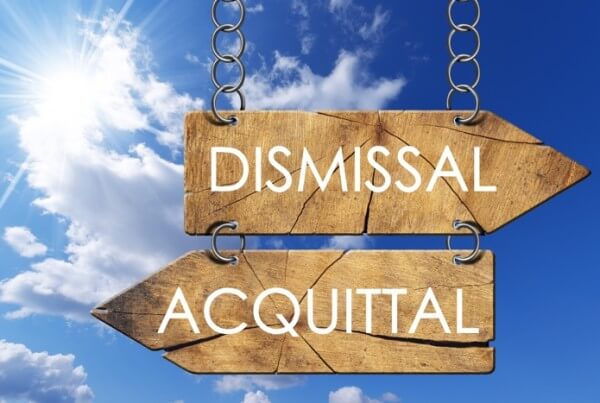 A community supervision (probation) revocation hearing is distinct from a criminal trial, but are its issues and procedures similar enough to a criminal trial to bind parties in future criminal trials?
A community supervision (probation) revocation hearing is distinct from a criminal trial, but are its issues and procedures similar enough to a criminal trial to bind parties in future criminal trials?
That was the question presented the Texas Court of Criminal Appeals in Ex Parte Doan. Doan was serving community supervision in Brazos County when he was alleged to have committed theft in Travis County. The Brazos County DA moved to revoke Doan’s community supervision but was unable to obtain sufficient proof. As a result, the court denied the motion to revoke. When the Travis County DA later charged Doan with misdemeanor theft, Doan filed a pretrial application for writ of habeas corpus “seeking to bar any further prosecution of the theft offense under the doctrine of issue preclusion.”
The issue in this case is whether the doctrine of res judicata applies to bar a prosecution for a criminal offense in one county after a prosecutor in another county unsuccessfully attempted to revoke the defendant’s community supervision on the ground that he committed the same offense.
In a 6-3 opinion authored by Judge Womack, the CCA noted that probation revocation hearings were often tagged as “administrative” in nature, but wrongly so.
In this case…the issues and procedures were nearly identical in the Travis County (criminal) and Brazos County (revocation) proceedings. In both proceedings, prosecutors plead and sought to prove that the appellant committed the same act. Both were criminal, judicial proceedings with nearly identical procedural rules, in which the State was represented by sworn prosecutors. The Brazos County Attorney had the authority to litigate the matter to a final adjudication. The only difference between the interests of the Brazos County Attorney and the Travis County Attorney in this case is that one sought to prove theft in order to criminally punish the appellant for theft, while the other sought to prove theft in order have the appellant’s criminal punishment from a prior case altered to his detriment.
Judge Womack held that while the difference in procedures is enough to narrowly escape the “grasp of the Double Jeopardy clause,” it is not enough to avoid the application res judicata to the later criminal trial. The CCA reversed the lower court (which previously held that the two prosecuting authorities were not the same party for res judicata purposes).










